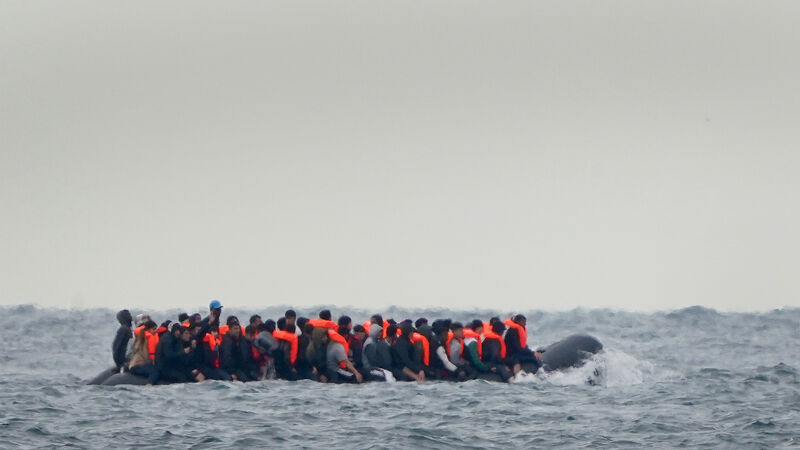Experiences of international protection applicants who have been victims of crime in Ireland to be examined

The experiences of international protection applicants who have been victims of crime in Ireland is to be examined in research by a Limerick-based human rights organisation.
The experiences of international protection applicants who have been victims of crime in Ireland is to be examined in research by a Limerick-based human rights organisation.
Doras has been granted funded by the Irish Human Rights and Equality Commission for a six-month research project which will then be used to lobby for improvements to the criminal justice system for migrants.










